A credit score sums up your borrowing habits, including how consistently you repay loans, your current debt load, and the length of your credit history, all in one number. Credit scores typically range from 300 to 850. The higher your score, the more creditworthy you appear to lenders. Your credit score to buy a house dictates what kind of loan you can get, how much you’ll pay in interest, and whether you’ll need mortgage insurance. It can also affect closing costs and lender incentives.
What Your Credit Score for a Mortgage Says About Your Loan Options
- 500–580: You’re in the lowest qualifying tier. Only FHA loans are available, and you’ll need a down payment of at least 10%.
- 580–619: You may qualify for an FHA loan with just 3.5% down. Options are limited but improving.
- 620–669: You’re eligible for a wider range, including conventional and VA loans, though rates and terms might not be ideal.
- 670–700: Considered a solid range. You’ll have access to better rates and more flexibility.
- 700–740: Strong credit opens the door to competitive interest rates and more favorable terms.
- 740+: You’re in the top tier. You’ll qualify for the best rates and loan options across the board.
FHA Loans: Your Best Bet for Low Credit Scores
FHA loans, backed by the Federal Housing Administration, are designed for borrowers who may not have perfect credit. With a minimum score of 500 (if you can put down 10%) or 580 (for 3.5% down), these loans provide an entry point for homebuyers with financial blemishes. If you’re wondering about the credit score needed to buy a house, FHA loans often serve as the starting point.
If you’re a first-time buyer or have had trouble with debt in the past, an FHA loan can be a lifeline. However, they do require mortgage insurance premiums (MIP), which can significantly impact your long-term costs. If your down payment is less than 10%, you’ll pay MIP for the life of the loan. With 10% or more down, MIP drops off after 11 years. If you’re in a stronger financial position, it might make sense to consider a different loan to avoid those extra fees.
Conventional Loans: The Gold Standard for Qualified Borrowers
Conventional loans are offered by private lenders and aren’t backed by a government agency. For those buying a home, these loans are often the most popular choice among homebuyers, typically requiring a credit score for a home loan of at least 620. They also conform to standards set by Fannie Mae and Freddie Mac.
If your credit score for a mortgage is above 700, you’ll likely receive favorable terms and interest rates. While a higher mortgage approval credit score improves your chances of approval and helps secure better rates, the factor that determines whether you’ll need to pay Private Mortgage Insurance (PMI) is your down payment. A down payment of 20% or more allows you to avoid PMI, regardless of your credit score. These loans are ideal for borrowers with good credit, steady income, and enough savings for a sizable down payment. On the flip side, if your credit is marginal or you’re tight on funds, qualifying for a conventional loan may prove difficult, and your rates could be higher.
VA Loans: A Powerful Benefit for Military Families
VA loans are backed by the Department of Veterans Affairs, which does not set a minimum credit score requirement. However, most private lenders who issue VA loans impose their own minimums, often around 620, based on internal underwriting standards. These loans are available exclusively to eligible veterans, active-duty service members, and surviving spouses.
What makes VA loans especially appealing is that they require no down payment and no private mortgage insurance. However, most borrowers are required to pay a one-time VA Funding Fee, which typically ranges from 1.25% to 3.3% of the loan amount, depending on factors like down payment size and whether it’s the borrower’s first VA loan. This fee can be paid upfront or rolled into the loan, and some veterans, such as those receiving disability compensation, may be exempt. They’re also more flexible when it comes to debt-to-income ratios, which can be a major advantage. If you’re eligible, it’s often the best route to homeownership. However, if you don’t meet the military service requirements or have a weak financial profile, you may need to consider alternative options, especially if your credit score to buy a house is below lender thresholds.
USDA Loans: Ideal for Rural Buyers on a Budget
USDA loans, backed by the U.S. Department of Agriculture, cater to moderate-income buyers purchasing homes in designated rural areas. While the USDA doesn’t set an official credit score minimum, its automated system, Guaranteed Underwriting System (GUS), offers streamlined approval for applicants with scores of 640 or higher. Those with lower scores may still be eligible but will likely undergo manual underwriting. Many lenders use 620 or 640 as a practical cutoff for eligibility when evaluating the credit score needed to buy a house.
If you’re planning to buy in a rural area and meet the income limits, a USDA loan can be a smart choice. It offers zero down payment and competitive interest rates. However, it’s not suitable for urban homebuyers or those whose income exceeds the USDA’s thresholds. Make sure your desired home location qualifies before applying.
Jumbo Loans: For High-End Homes and High Credit Scores
Jumbo loans are used to finance properties that exceed conventional loan limits, which for 2024 are set at $766,550 in most areas by the Federal Housing Finance Agency. In high-cost areas, the limit can go up to $1,149,825. These loans are designed for higher-priced homes that fall outside the limits for conforming loans. (and higher in certain markets). To qualify, you’ll generally need a mortgage approval credit score of 700 or above.
These loans are appropriate if you’re buying a luxury property or a home in a high-cost area and have the financial strength to back it up. Lenders typically require a large down payment, strong income, and significant cash reserves. If your credit or financial stability isn’t rock solid, qualifying for a jumbo loan will be challenging. In such cases, looking for a less expensive home within conventional limits may be more realistic, especially if your credit score to buy a house doesn’t meet the elevated standards.
Beyond Rates and Requirements: Consider the Bigger Picture
Chasing the best mortgage terms makes sense, but it’s not the only lens through which to view your home-buying decision. Sometimes, saying yes to a slightly higher interest rate or less-than-perfect loan terms can be the bridge to long-term stability and wealth-building. For example, if you live in a high-rent market, a mortgage could actually lower your monthly expenses while building equity instead of burning cash on rent. Plus, the psychological payoff of having a place that’s yours to shape, upgrade, and stay in can be transformative. It can create mental bandwidth, foster roots in your community, and give you a financial stake in a growing asset.
Thinking about buying a home? REMAX agents bring deep local knowledge and a personal approach to finding the right property. We also offer credit-building resources and expert support to help you get approved for a mortgage.







